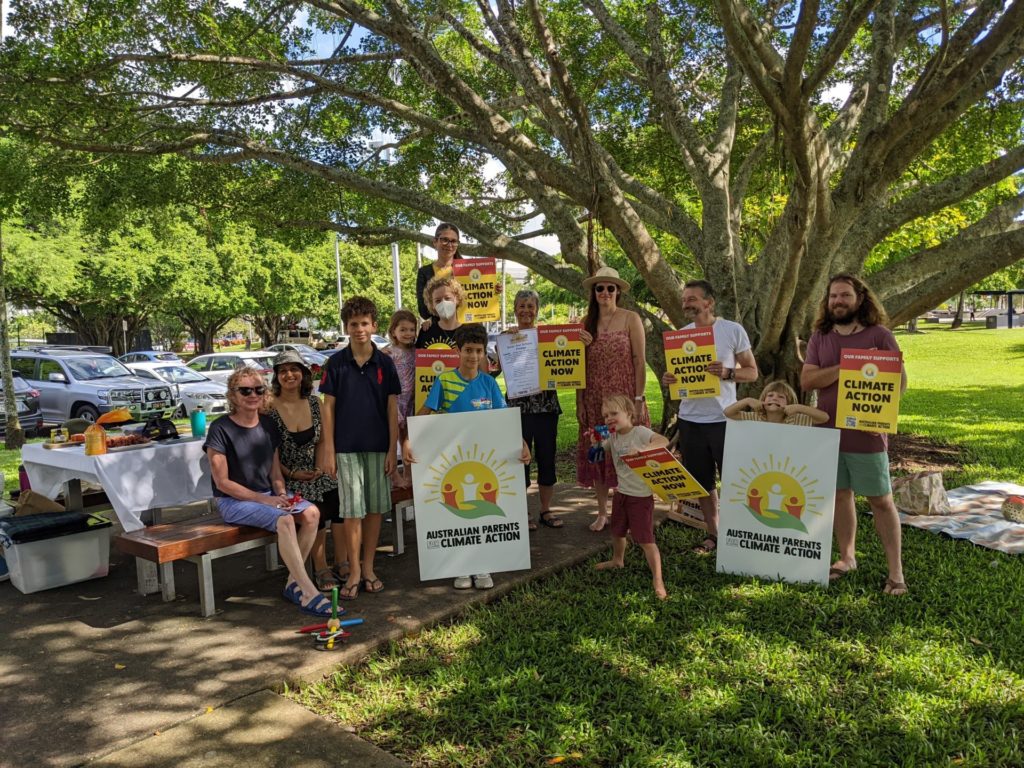Hope is an emotion that’s been elusive for me over the past few years.
In 2018, with a one year old on my hip and a three year old in tow, I began to learn about the depth of the crisis we face due to climate change.
The precious early years of my dear daughters’ lives were marred by a sense of hopelessness, despair and frustration that we were not heeding the warnings that were ringing loud and clear from climate scientists the world over. The realisation that the future I’d dreamed of for my children was under threat has been hard to bear.
The devastating bushfires of 2019/20, the frequent bleaching of our precious Great Barrier Reef and the horrendous flooding earlier this year; my frustration was mounting and I found it hard to see how our democratic system could come to the rescue and create a situation where the action we needed to see was possible.
I’ve thought long and hard about what this action might look like. It’s a challenging situation in a country where fossil fuels have been the backbone of our economy for such a long time. It’s hard to imagine another way. It’s hard to see how a rapid transition away from these extractive industries and towards renewable solutions could provide the economic opportunity that is so often touted. But I’m a problem solver, I’m a doer and I can imagine another way, I can see how investment in renewable projects could create regional jobs and economic opportunity.
Take Solar Our Schools for example; we could smother every piece of roof space on all schools and early childhood centres across the nation with solar panels. We could install batteries to make them virtual power plants. The jobs created in the installation process of such a vast project would stimulate the economy, not just in a centralised location, but all across the country! The funds saved by schools could be freed up for more teaching jobs, more school resources and projects. Our children could feel empowered, they could learn about clean energy and feel as though they are part of the solution. They could feel hope.
Such a program has gained bipartisan support in my home electorate of Leichhardt. It’s just one example of how we can imagine a new future for Australia, how we can find another way. We are a nation heavy with intellectual capital; we are intelligent, highly educated – we can solve this problem if we focus our energy and attention on doing so.
The recent election results have reignited hope. Australians voted, in huge numbers, for those standing for urgent action on climate change. There is hope that this loud, clear message will be heard by our major parties and that we will come together as a nation and tackle the very complex climate crisis that is already costing our Nation so dearly.
Kate Chaney, the newly elected Independent member for Curtin in WA, calls it a “really exciting time in Australian politics”.
It sure is exciting to imagine what this new-look House of Representatives could achieve.
Hope for the future is bubbling up among those of us who want our children to have a safe future. It’s such a relief to feel hope again.


